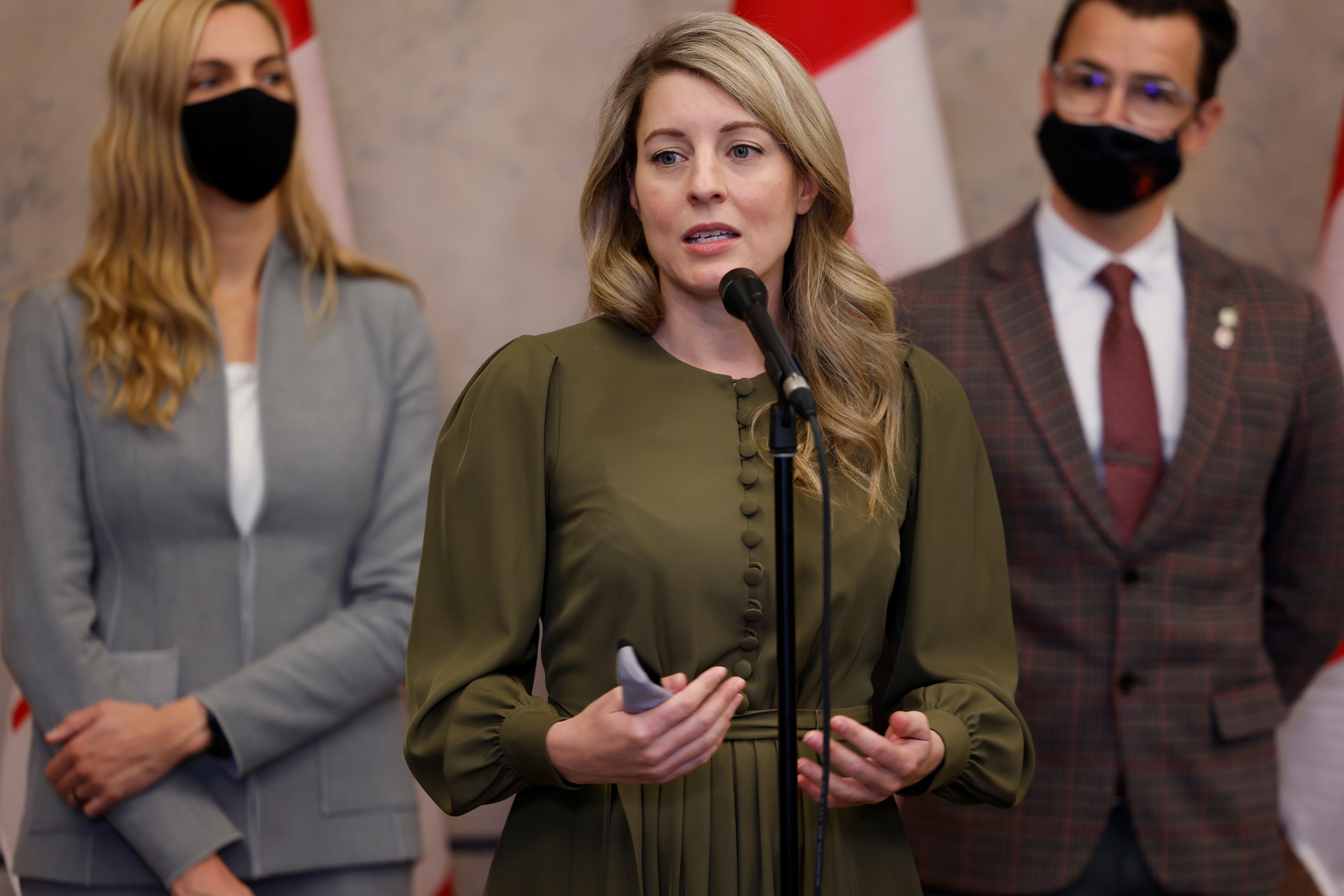Meta, which owns Facebook and Instagram, started blocking news articles for Canadians in response to a federal law that would force it to share revenue with news outlets. The law won’t take effect for six months, but Meta has reacted aggressively. Rather than comply or consult with the government about next steps, it has moved to just block news links, arguing that people don’t come to the site for that purpose. The federal government has denounced the move.
"We’re going to keep standing our ground,” said Canadian Heritage Minister Pascale St-Onge. “After all, if the government can’t stand up for Canadians against tech giants, who will?”
Both Meta and Alphabet, which owns Google, have said they will block news rather than pay for it, although Google has not responded as aggressively.
Observers think both companies have reason to be uneasy about setting a precedent that governments in other jurisdictions might emulate. But so far, the tech giants appear to be winning the game of chicken. In June, a California link tax bill stalled in the legislature and a similar bill seems to be stuck in Congress.
Canadian media outlets have seen their traffic from Facebook cut — some have seen their page views halved — which has a knock-on effect on potential advertising revenue. But they should not hold their breath hoping to be rescued by the Competition Bureau, according to an analysis by University of Ottawa professor Michael Geist, an expert in e-commerce law, who described the industry’s complaint as “exceptionally weak.”